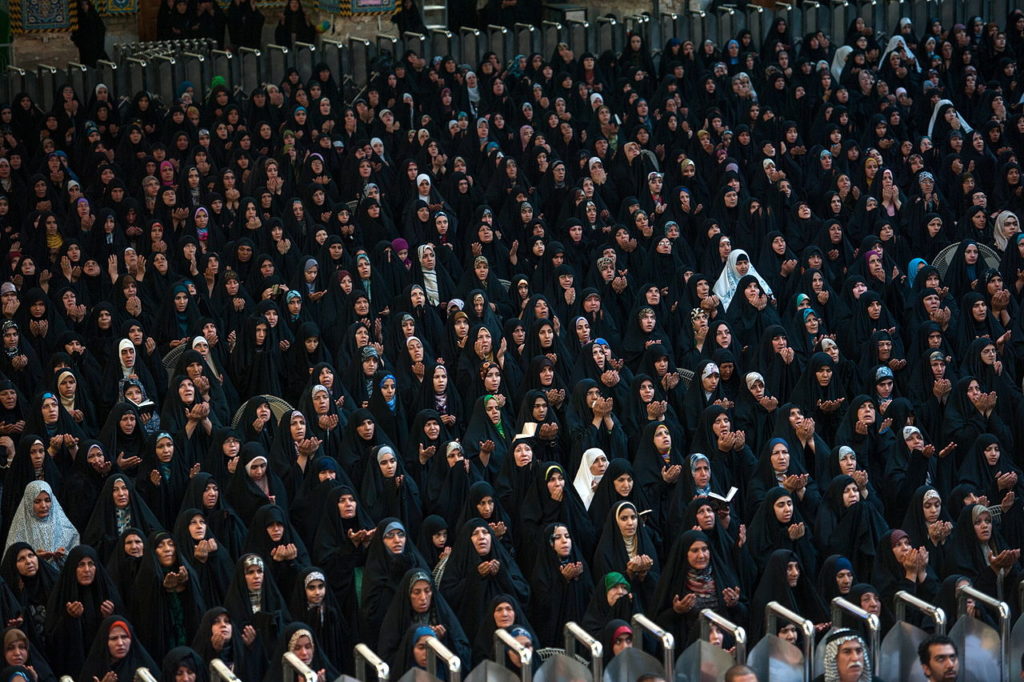2.3.8 Thinking About Tradition (Supplemental)

2014 Eid ul-Fitr Praying—Imam Ali Shrine—Najaf. Sonia Sevilla.
I have used the term “tradition” in my writings in two ways: first, as a theoretical location for raising questions about authority, time, language use, and embodiment; and second, as an empirical arrangement in which discursivity and materiality are connected through the minutiae of everyday living… (Critical Enquiry).
Read: Thinking About Tradition, Religion, and Politics in Egypt Today // Critical Enquiry
Guiding Questions:
- What does the author mean when he says that a tradition is embodied?
- What does he mean when he says tradition is discursive?
- What notion of the self do Islam and pre-modern Christianity share in common, according to the author?
Photo: “2014 Eid ul-Fitr Praying—Imam Ali Shrine—Najaf.” Photo Credit: Wikimedia Commons user Sonia Sevilla. CC0 1.0 Universal.


